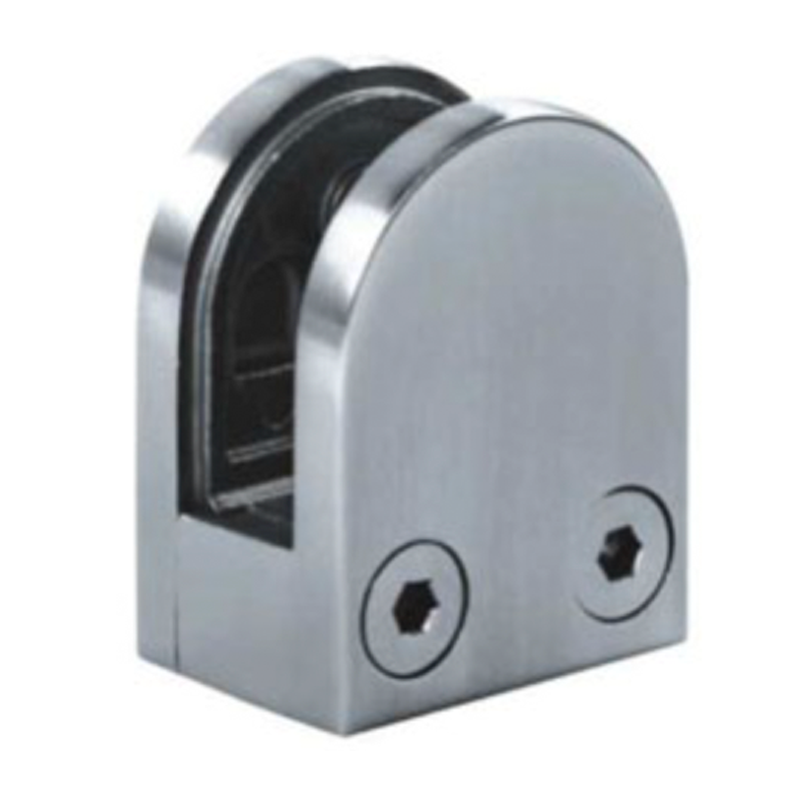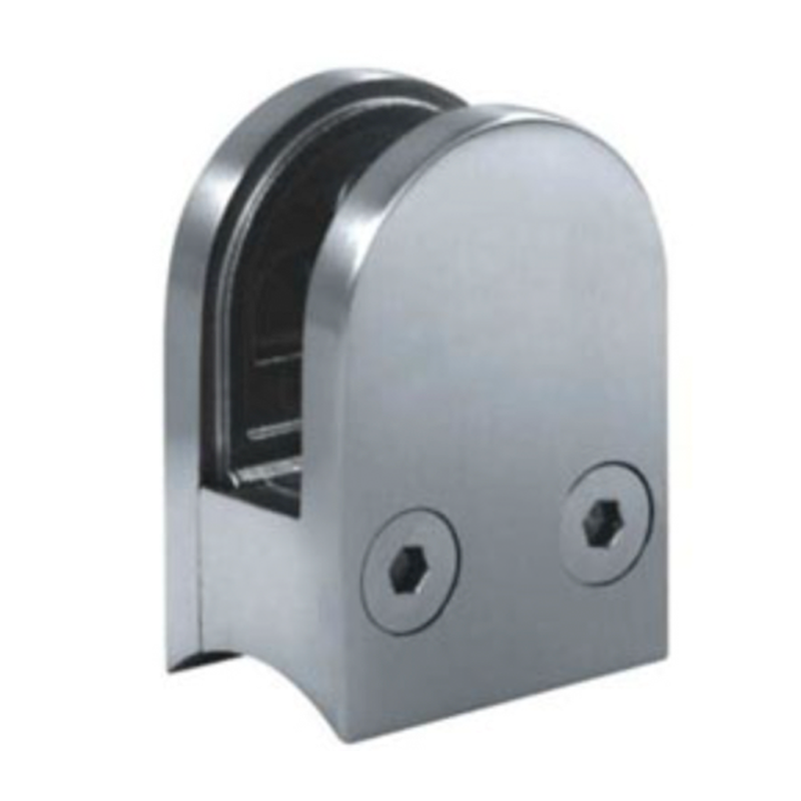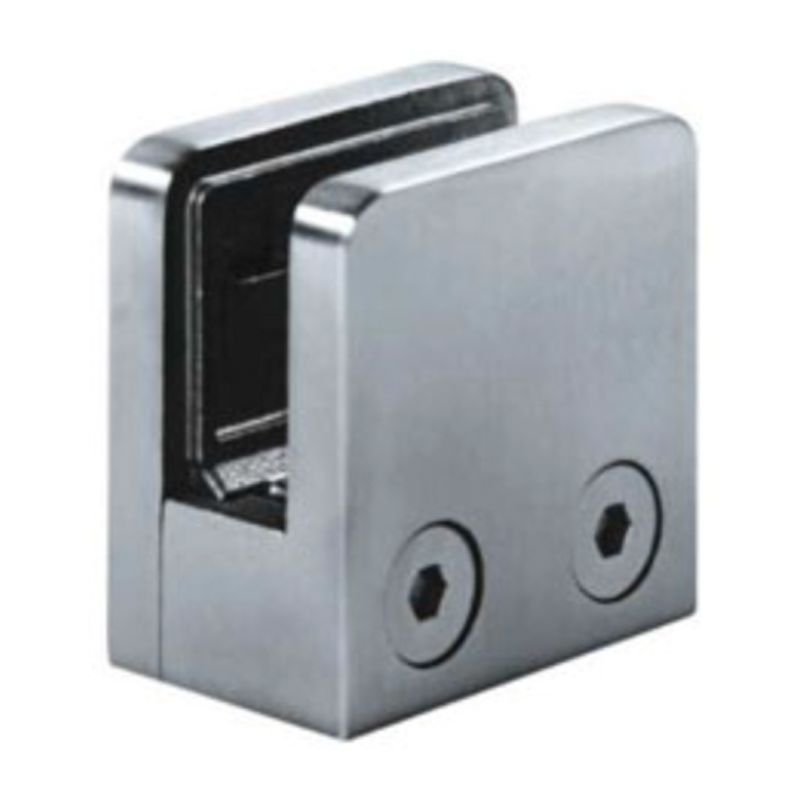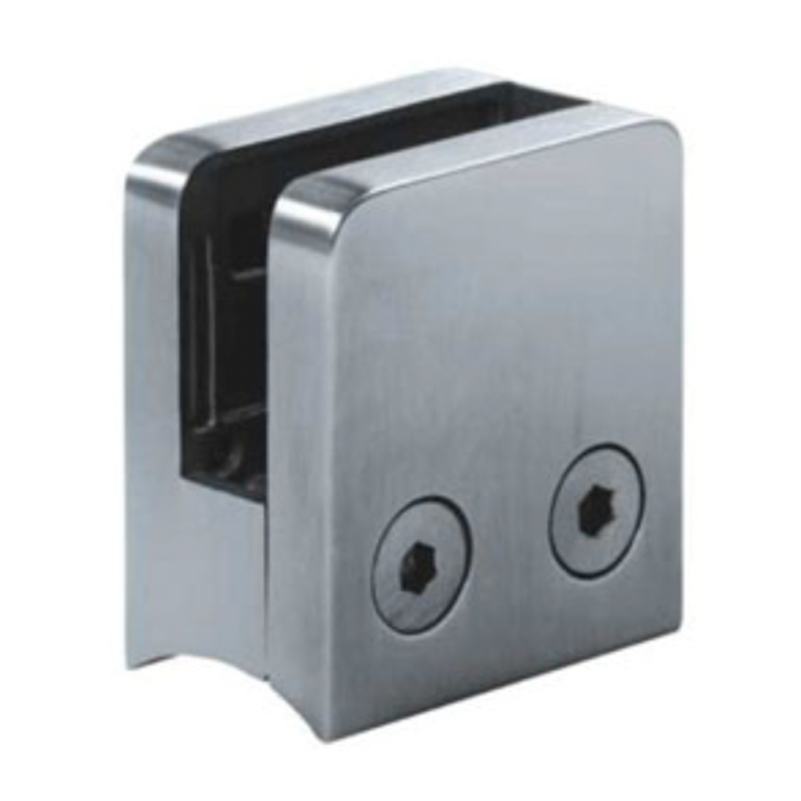Handrails and Balustrading Glass Clamps & Brackets
Welcome to review our Hanrdail and Balustrading Glass Clamps and Bracket.
We offer 304/316 Die-casting Stainless Steel Glass Clamps & Brackets.
Suitable for 6-12mm thickness Glass.
Base: Radius (for DM 38.1/42.2/50.8mm Tube) / Flat
Finsh: Mirror(Polished) / Satin
Shape: D Shape / Square Shape
Size: We have vaires of sizes available. Feel free to consult with our sales team.
Glass Clamps,Glass Brackets,Handrails,Railing,Balustrading Leader Hardware Manufacturer Limited , https://www.leaderhardwarecn.com



In 2013, after the chill of 2012, flooring companies that managed to survive began leveraging their strengths more actively. Industry trends started to emerge, and many flooring businesses seized every opportunity for growth. No matter their size or condition, they all aimed to move forward. But what exactly is at stake in their relentless pursuit of industry trends?
What is a brand? The author noticed that many flooring companies are overly obsessed with branding. During visits to several floor companies, the owners often mentioned plans like, “We used to run two brands and now we’re planning to launch new ones this year.†Such statements are common, but when further discussions took place, it became clear that most lacked a real understanding of brand positioning, culture, or strategy. Instead, they were just copying popular products or rebranding by changing names, adding foreign-sounding trademarks, or making superficial changes.
A brand should represent an idea, but what does it truly offer to the audience? It's uncertain. A brand is also about promises. Local companies often try to rebrand themselves by changing their name to English or adopting a foreign style. Yet, what kind of promise can these brands make to consumers? Often, they don’t even know.
When companies spend hundreds of thousands on early morning CCTV ads or use magazine ads to prove their advertising power, do they really consider their marketing budget? Branding is a systematic process that involves product development, production management, advertising, and public relations—each requiring careful planning and execution. So, what exactly is the purpose of building a brand? It’s not about company size or how much money you have, but about long-term thinking and consistent investment.
Branding isn't a game. If local companies lack a clear brand mindset, they shouldn’t rush into becoming big-name brands. They should focus on manufacturing quality products and delivering solid service. When a flooring company decides to build a brand, it should first reflect on its core values and identity. Big brands aren’t built overnight—they’re the result of thoughtful planning and execution.
Innovation is another hot topic in the flooring industry. From China’s floor companies to experts, associations, and government bodies, everyone talks about innovation. However, many companies face challenges when it comes to real innovation. How many have suffered from failed innovation efforts? Countless companies have fallen into an "innovation trap," suffering losses and pain along the way.
Each year, flooring companies participate in exhibitions and launch new product series. According to data from the China Brand Planning Alliance, the average cost to mass-produce a new product line is as high as 2 million yuan. With such figures in mind, it's worth questioning where the actual market value lies. Surveys show that over 50% of innovations never take off, 40% last less than three years, and only 10% generate significant profits.
Of course, this isn’t to say innovation isn’t important—it is. But flooring companies need to approach it more thoughtfully. Instead of chasing trends just to satisfy distributors, they should focus on real consumer feedback. Innovation should be driven by understanding and meeting customer needs, possibly even leading lifestyle changes. If true product innovation is difficult, companies should instead focus on optimizing existing products and managing their distribution channels effectively.
Online marketing has become a major trend in 2013. From Shenzhen to Beijing, Foshan to Chengdu, manufacturers, distributors, and managers all talk about online sales. Everyone is excited, especially after Taobao’s Double 11 success. Many companies declared their focus this year would be on building online sales networks. However, behind the hype, there are problems: many individuals struggle with online platforms, few achieve real success, and losses are common. Complaints rise, competition intensifies, and some companies are left questioning whether this was the right move.
Is online sales the same as building a sales network? The internet is just a channel, not a miracle cure. Companies must think carefully before jumping into online marketing. It’s time to reconsider whether this is the right path—or if it’s just another passing trend.